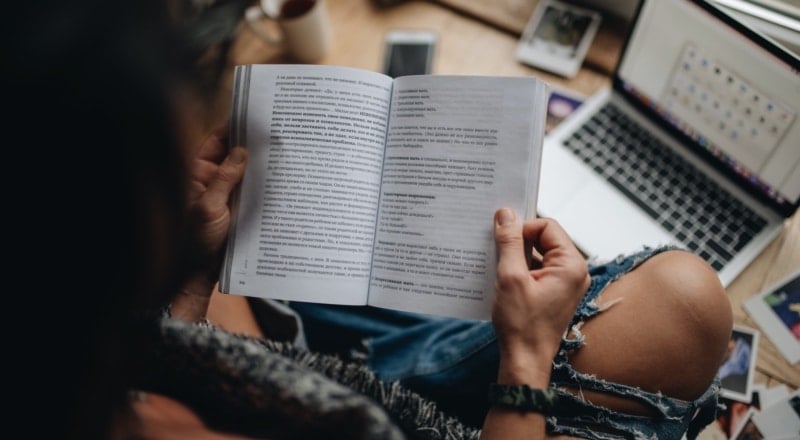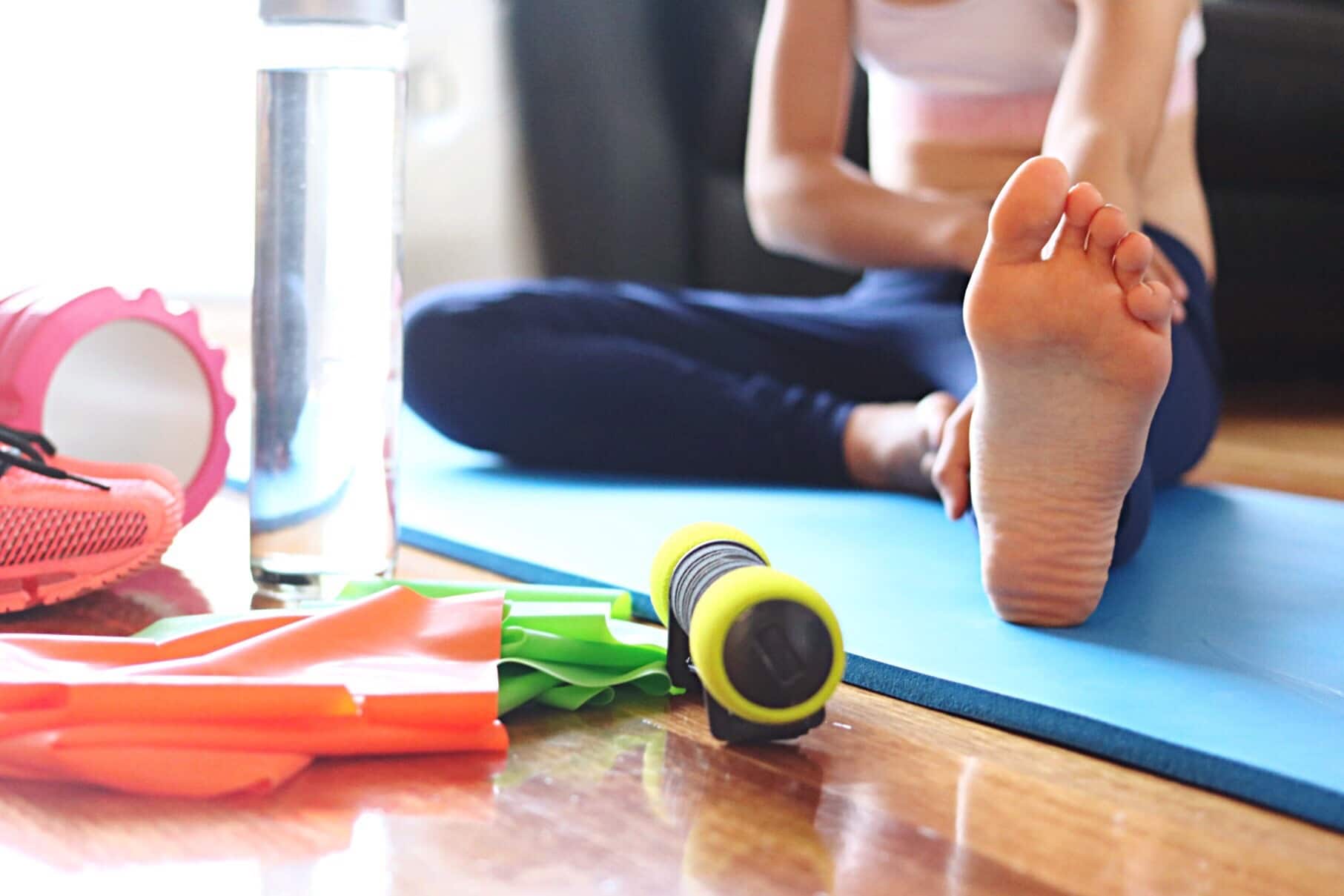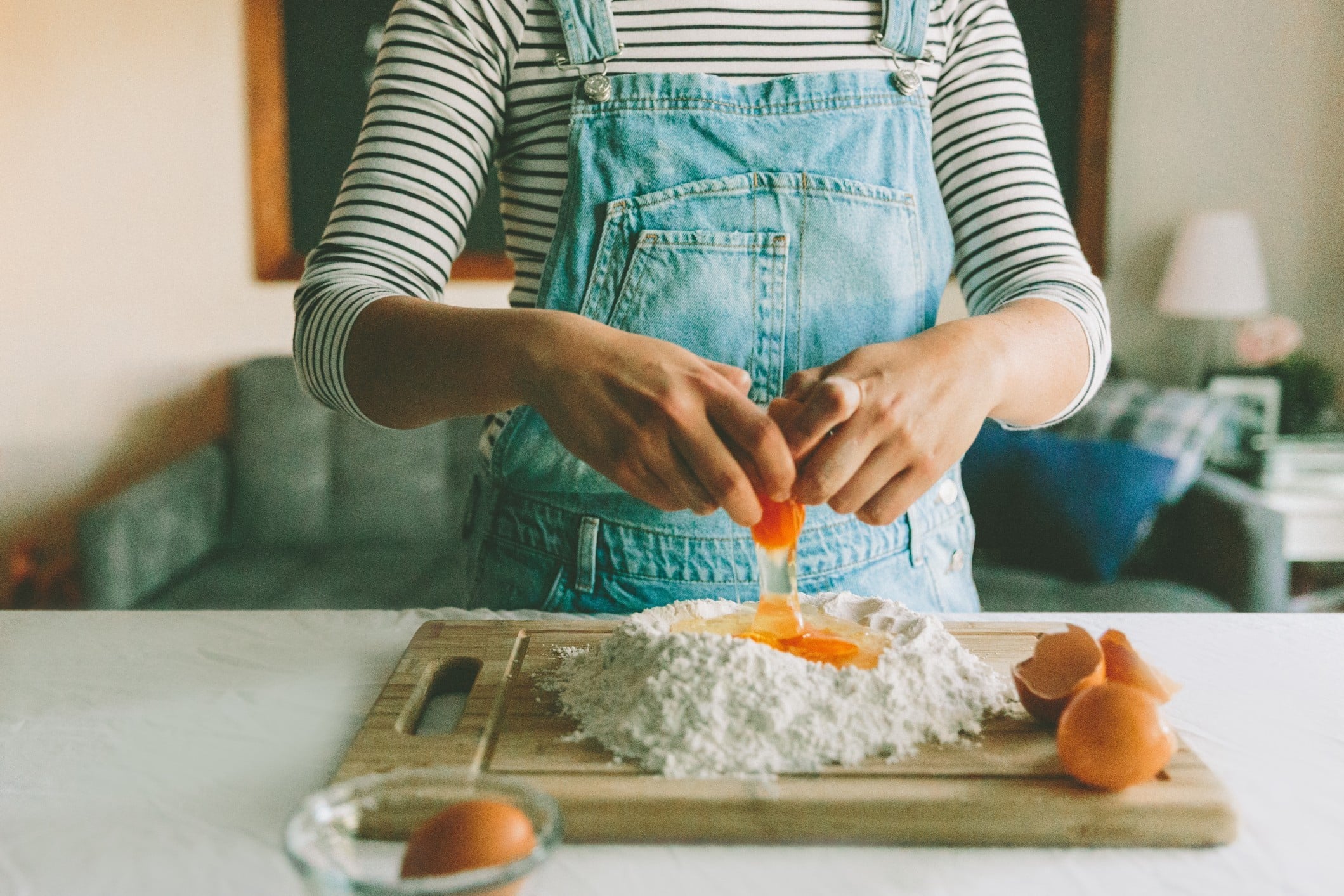How to look after your mental health while social distancing
There is plenty you can do to maintain your positive mental health while at home and avoiding contact with others

To prevent the spread of COVID-19 (Coronavirus) any further, the Government has announced that all schools, colleges and childcare facilities will close until March 29th at the earliest. They have also said that indoor gatherings of more than 100 people, and outdoor gatherings of more than 500 people, are cancelled. They have also asked people to work from home and avoid contact with others where possible and all pubs have been shut.
This means that many people are now staying at home for the foreseeable future. While this can be a difficult time for many people, there are things you can do in your own home to maintain your mental health and support your friends and family through this uncertain time.
6 ways to look after your mental health while social distancing
Exercise
Exercise not only benefits your physical and mental health, but it also improves your overall mood and happiness. When you exercise, endorphins (feel good chemicals) are released in the brain, leading to an overall more positive mood. Exercise can also lead to a boost in self-esteem and self-confidence.
There are plenty of exercises you can do at home, like yoga, pilates or weight training (if you have weights at home). There are videos on YouTube which can show you how to get started with these exercises and there are video sessions you can follow.
Even with social distancing, you are still allowed to go outside for walks, runs, cycles and hikes. Try to find a park where there are less people if possible, but getting outside for fresh air and exercise can be great for your mental health.
Take a look at how running helps SpunOut.ie volunteer Caitlin’s mental and physical health.

Talking about mental health
Talking about your mental health can be difficult but it’s important to check in with yourself over the next few weeks and talk to a friend, family member or support service if you feel you’re struggling with your mental health. With a few simple steps striking up a conversation about your mental health can be made easier and doesn’t have to be a difficult conversation.
Some of the mental health services you may usually rely on may not be running full services during this time. If you feel overwhelmed by the current situation and need someone to talk to, our anonymous, 24 hour text line is always open. You’re worth talking about and we’re here to listen and support you. Text SPUNOUT to 086 1800 280. Standard SMS rates may apply.
If you’re worried about someone else’s mental health, you can find out more about talking to a friend about their mental health. You don’t have to be a mental health expert to talk about mental health, as it’s often the little things like asking someone how they are which help the most. If you are concerned that the person is feeling suicidal you can read more information on our factsheet help my friend is suicidal.
Sleeping well
There is a close relationship between mental health and sleep. If you’re struggling to sleep over a long period of time, this may lead to more challenges to your mental health, or it may make existing mental health challenges worse. But there are loads of simple and easy things you can do to improve the length and quality of your sleep. Here are 10 easy ways to get a solid night’s sleep.
Find a new hobby or reconnect with an old one
As you may have more free time now, it’s a chance to start a new hobby or reconnect with an old one you used to enjoy. Whether it be painting, drawing, reading, learning a language, baking, knitting or anything else, spending time on this a hobby can be a great way to keep your mind and body active. It’s also great for passing the time if you’re finding the days long.
You may also be interested in volunteering with SpunOut.ie. We’re always interested in articles from young people across Ireland as well as your thoughts on the content we create for the site. Find out more about getting involved or check out some of our recent content call outs. Share your story on:
- Your experience/ advice during the COVID-19 pandemic
- Drug use in Ireland
- Gambling
- Eating disorders
- Healthy living
- Politics

Stay informed from helpful news sources
It’s difficult to avoid news about the coronavirus, and constant updates about cases in Ireland and abroad have left many people feeling anxious.
Understanding what the coronavirus is, how it is spread, and what you can do to prevent it can help to ease your fears. There’s a lot of misinformation making its way around social media and private message groups, which can cause confusion around what’s actually going on.
If you are looking for news and updates about Covid-19, check with trusted sources such as the HSE, national media sources, and the World Health Organisation.
Practice mindfulness and relaxed breathing
Mindfulness is about becoming more aware of what’s going on in the present moment. It aims to help you manage your thoughts and feelings. Mindfulness can be a helpful tool for looking after your mental health and your general wellbeing. You can practice mindfulness throughout your day. Mindfulness is a skill that you can work on and improve in. Like any skill the more you work on it, the better you become at it.
There are lots of apps which can help you learn mindfulness and take you through some guided meditations. Find out more about mindfulness techniques here.
If you’re feeling anxious about Covid-19, breathing exercises can help you feel more relaxed and in the present. Deep breathing, also known as abdominal breathing takes practice, as many of us breathe into our chest when we’re anxious instead of into our stomach. But can really help reduce feelings of anxiety. Find out more about deep breathing techniques here.





